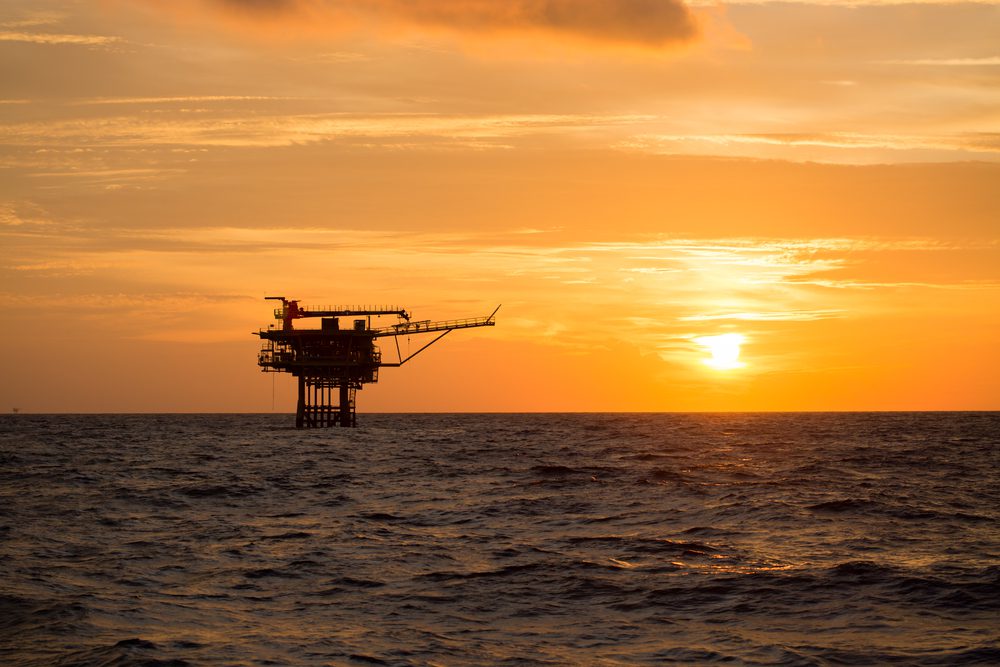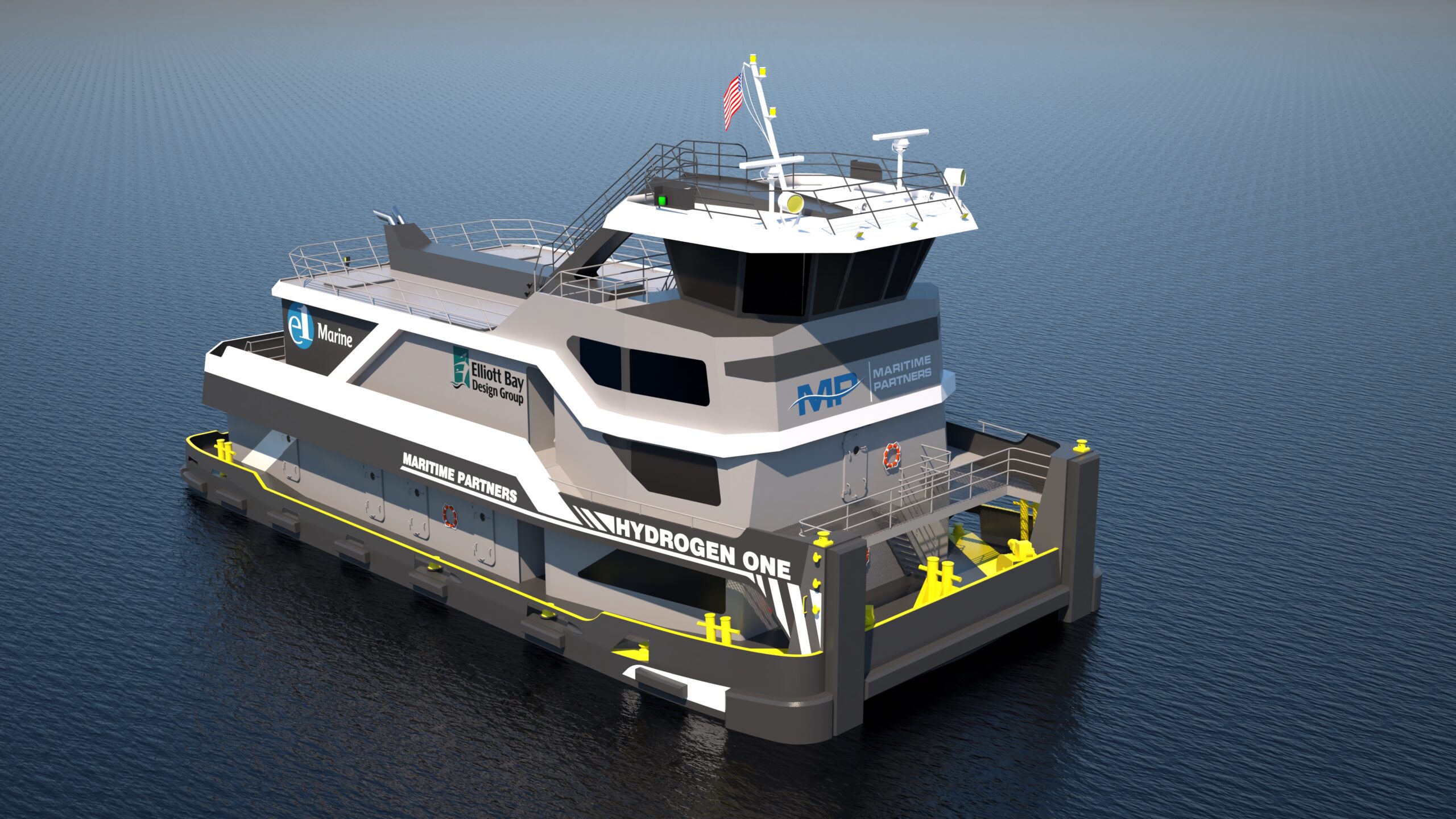Photo: By curraheeshutter / Shutterstock
By Jennifer A. Dlouhy (Bloomberg) — The Trump administration is ruling out plans to sell new drilling rights off the coast of Florida, including eastern Gulf of Mexico waters coveted by oil companies, amid pressure from Republican Governor Rick Scott.
The about-face came just five days after the Interior Department said it was considering selling oil and gas leases in more than 90 percent of U.S. coastal waters, including on all sides of Florida — the straits in the south, the Atlantic Ocean and the Gulf of Mexico.
Scott had angrily denounced the plan, suggesting last week that it could jeopardize Florida’s natural resources. He demanded an immediate meeting with Interior Secretary Ryan Zinke to argue against the proposal.
Zinke announced the change in a post on Twitter, saying it followed a meeting with Scott. Florida’s senators — Bill Nelson, a Democrat, and Marco Rubio, a Republican — as well as other lawmakers from the state joined Scott in raising concerns.
“President Trump has directed me to rebuild our offshore oil and gas program in a manner that supports our national energy policy and also takes into consideration the local and state voice,” Zinke said in an emailed statement.
“I support the governor’s position that Florida is unique and its coasts are heavily reliant on tourism as an economic driver. As a result of discussion with Governor Scott’s and his leadership, I am removing Florida from consideration for any new oil and gas platforms,” Zinke said.
Nelson, who has long fought efforts to drill near Florida’s coasts, suggested the move was politically motivated, and designed to allow Scott to claim a victory in a potential campaign for the Senate seat Nelson now occupies.
“I have spent my entire life fighting to keep oil rigs away from our coasts. But now, suddenly, Secretary Zinke announces plans to drill off Florida’s coast and four days later agrees to ‘take Florida off the table,’” Nelson said in an emailed statement. “I don’t believe it. This is a political stunt orchestrated by the Trump administration to help Rick Scott, who has wanted to drill off Florida’s coast his entire career.”
Scott, who cannot run for governor again this year because of term limits, is expected to challenge Nelson, but has not announced his candidacy. His representatives did not immediately respond to a request for comment.
President Donald Trump compelled the Interior Department to develop a new five-year plan for selling oil and gas leases in U.S. coastal waters last April, with an eye on auctioning rights chiefly in the Atlantic and Arctic oceans. Federal law lays out eight factors the Interior Department must consider when developing those leasing plans, including the views of local officials and residents.
The administration’s master plan — which is likely to shrink further over the coming year as a final leasing blueprint is developed — has stoked opposition from coast to coast. More than 140 municipalities on the East Coast have already lodged their opposition to new drilling in the Atlantic Ocean. And the three governors representing the states on the West Coast also say they will fight efforts to sell new drilling rights in the Pacific Ocean.
More than three dozen Democratic senators asked the administration Tuesday to abandon efforts to rewrite and replace its 2017-2022 offshore leasing plan, which schedules 11 auctions, including 10 of territory in the Gulf of Mexico and one in Alaska’s Cook Inlet.
The eastern Gulf of Mexico was believed to be the most tempting new prospect for oil companies in the expansive Trump administration draft, because it is close to existing pipelines and processing facilities — not to mention the refineries in Texas and Louisiana.
There’s also little mystery about whether those eastern Gulf waters contain oil and gas. Energy companies already discovered a jackpot of natural gas roughly 30 years ago — at least 700 billion cubic feet and as much as 3 trillion cubic feet — in the Destin Dome, located about 25 miles south of Pensacola, Florida. And the same geological trends that have yielded major oil discoveries in other parts of the Gulf could be replicated in its easternmost reaches.
But opposition from Florida politicians concerned about oil spills fouling beaches as well as crippling the state’s tourism economy helped put that area off limits long ago, and a federal law now blocks new leasing through 2022.
© 2018 Bloomberg L.P

 Join The Club
Join The Club











